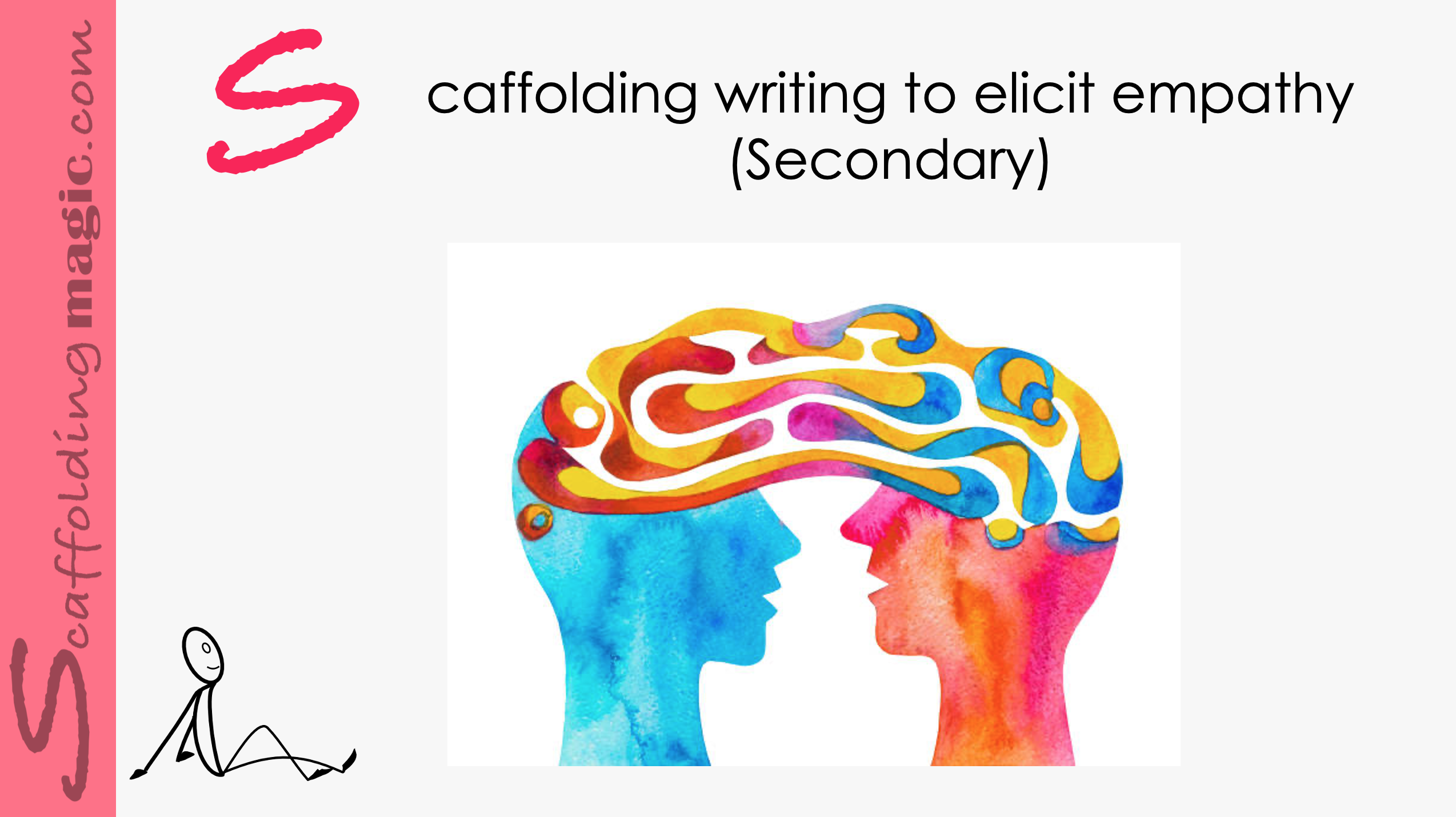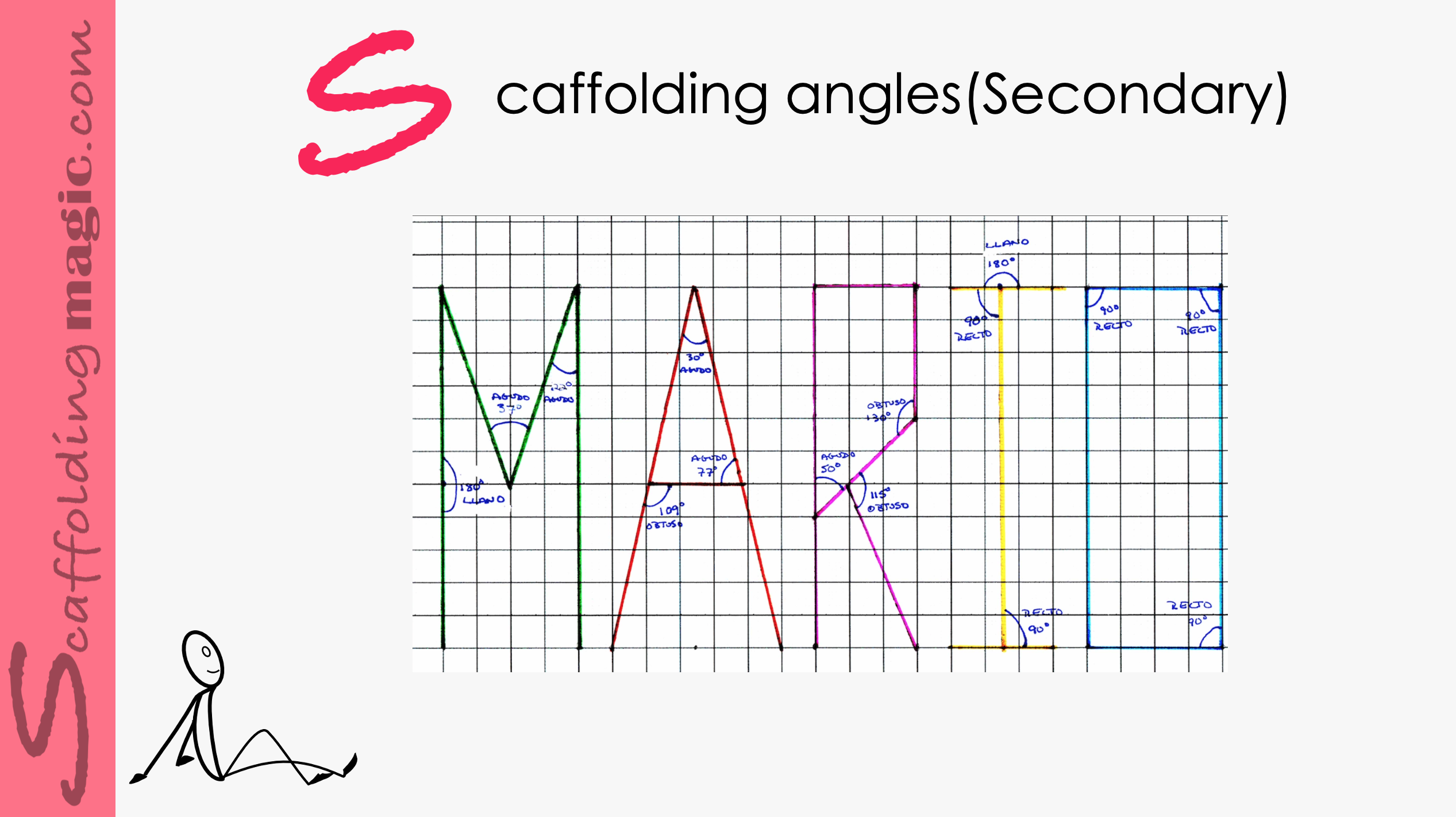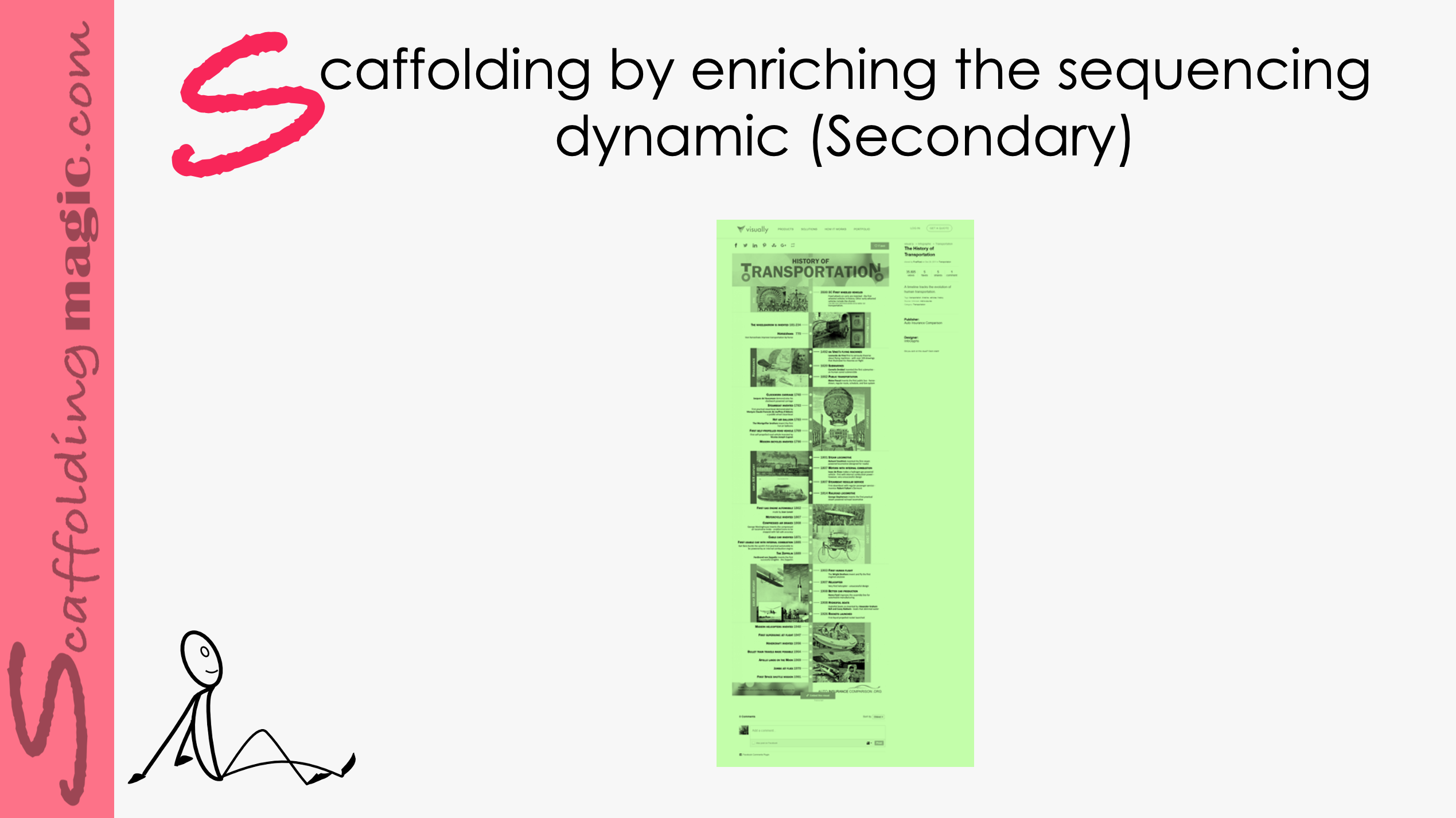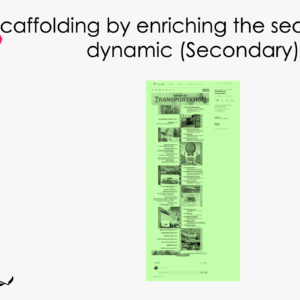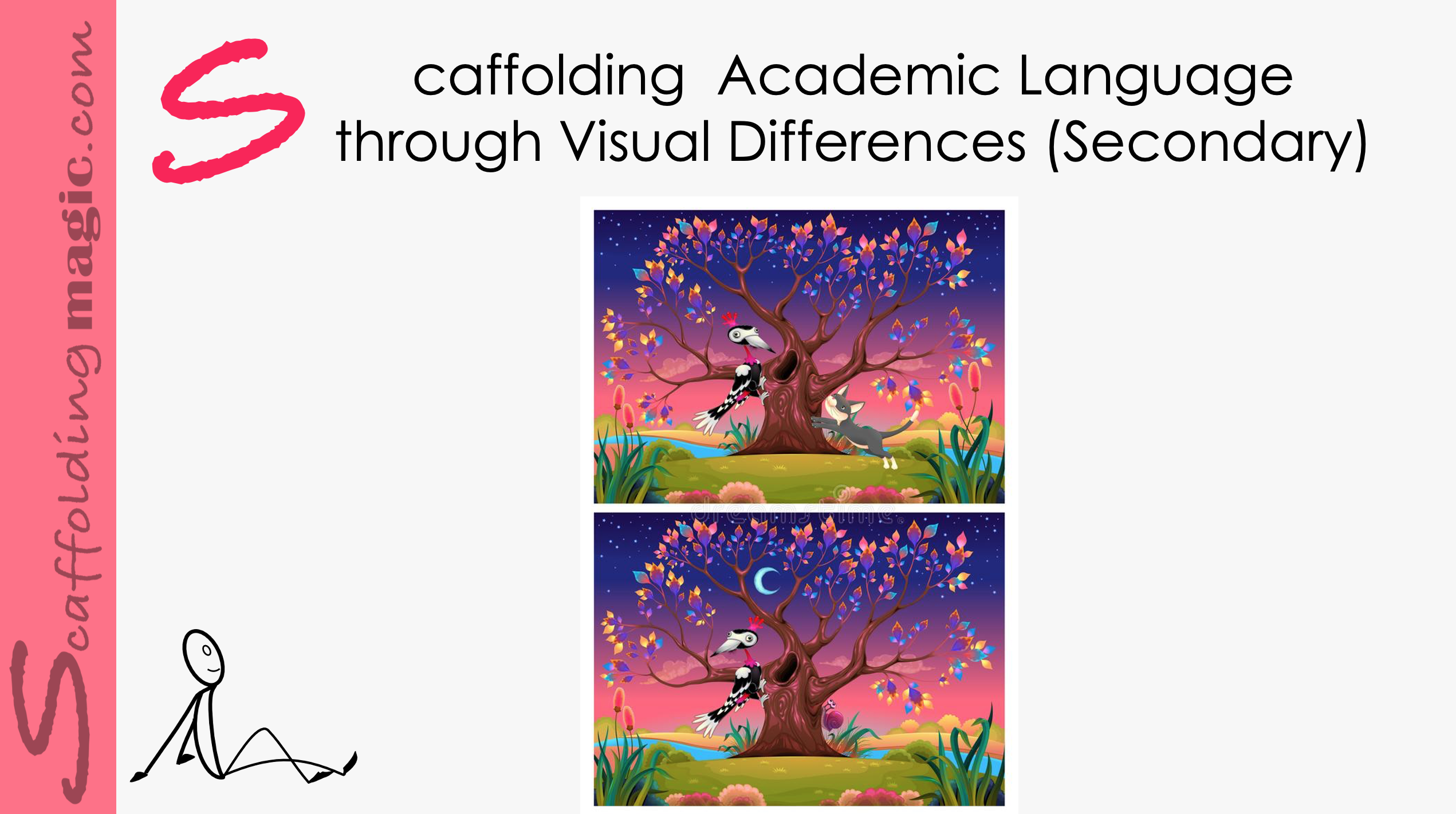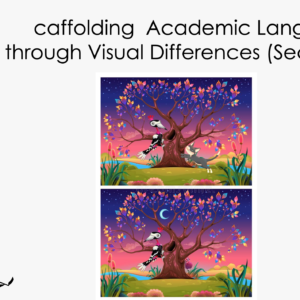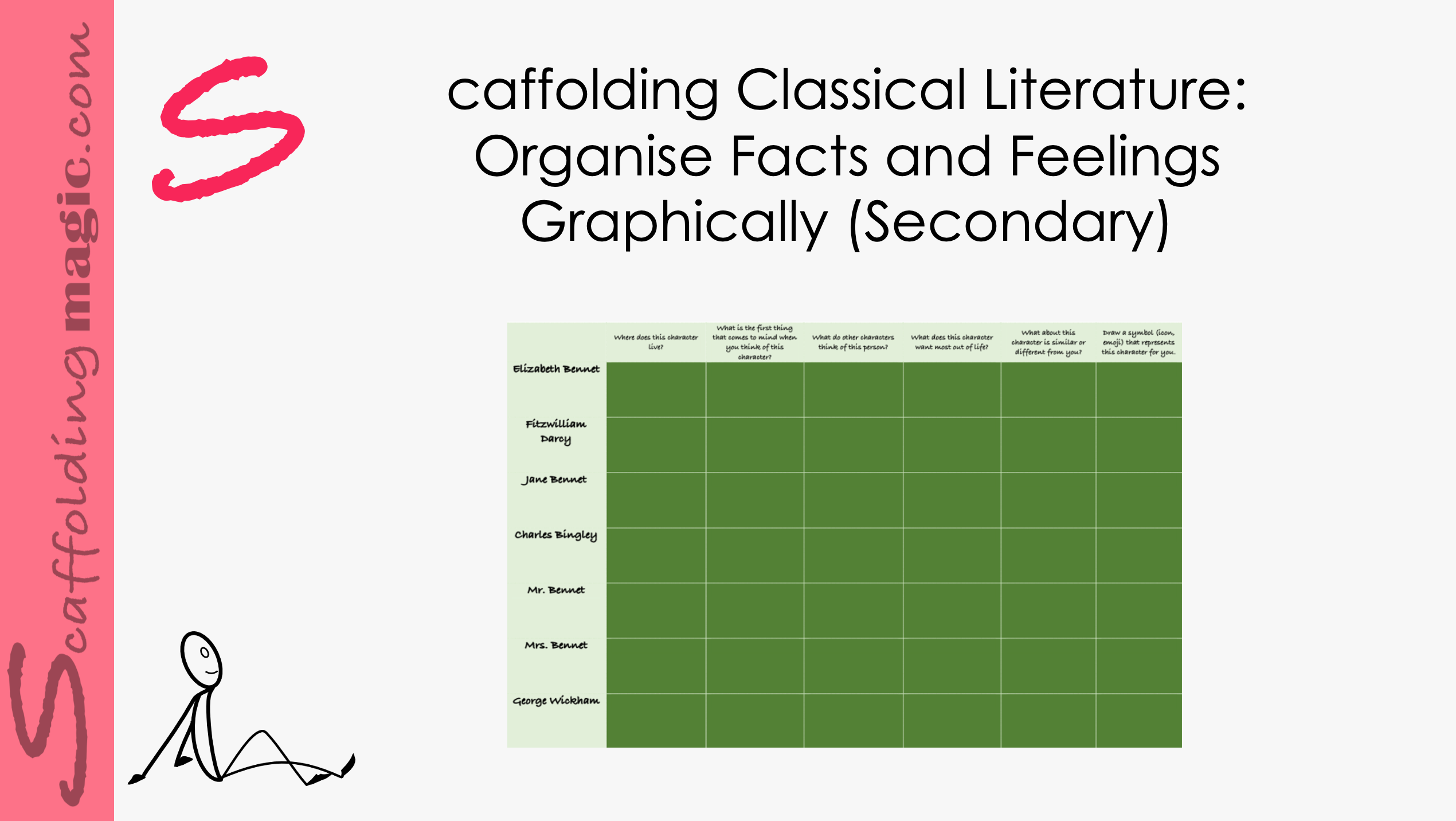Writing is one of the four cornerstone skills of every inclusive educational curriculum. It helps us form our thoughts into coherent verses and communicate over distance and time. It is a skill usually approached as a way of appeasing bands for standardised exams, but, in fact, is the perfect tool to foster the development and expression of empathy.
Scaffolding Writing to Elicit Empathy (Secondary)
$5.00
Writing is one of the four cornerstone skills of every inclusive educational curriculum. It helps us form our thoughts into coherent verses and communicate over distance and time. It is a skill usually approached as a way of appeasing bands for standardised exams, but, in fact, is the perfect tool to foster the development and expression of empathy.
Related products
- Quick View
-
Secondary ScaffoldsQuick View
Scaffolding by Enriching the Sequencing Dynamic (Secondary)
$5.00 Add to cartRated 0 out of 5 -
Secondary ScaffoldsQuick View
Scaffolding Academic Language by Identifying Visual Differences (Secondary)
$5.00 Add to cartRated 0 out of 5 -
Secondary ScaffoldsQuick View
Scaffolding Activity for Classic Literature 4: Organise Facts and Feelings Graphically
$5.00 Add to cartRated 0 out of 5
Scaffolding Angles (Secondary)
If you have students who are more linguistic, more in touch with Humanities, more comfortable with words or music or the arts, it’s possible that they haven’t found a way to embrace numbers or see their relance in their lives. For a maths teacher or students who are passionate about numbers, this seems unfathomable. Numbers are glorious! Numbers determine practically all of our decisions (probability, fractions, percentages, etc.). How can you feel so indifferent to educating yourself about such a fascinating and useful branch of study?
Scaffolding by Enriching the Sequencing Dynamic (Secondary)
Sequencing is a concept that needs to be repeated throughout the education process. We need to intentionally give our students the opportunities to be able to recognise and express sequences, and we need to provide the phrases they can use to clarify the ordering of events. It might be motivating to know that studies show that students are able to recall information more accurately if they’ve been schooled in sequencing.
Sequencing is a concept that needs to be repeated throughout the education process. We need to intentionally give our students the opportunities to be able to recognise and express sequences, and we need to provide the phrases they can use to clarify the ordering of events. It might be motivating to know that studies show that students are able to recall information more accurately if they´ve been schooled in sequencing.
Scaffolding Academic Language by Identifying Visual Differences (Secondary)
Studies show that memorising academic language is ineffective in the long-term*. Students may be able to pass an exam they are studying for, but without having used the terms to analyse, compare, categorise, and defend their own ideas, most students will forget the meanings of the words as quickly as they learned them.
The solution is easy. We create opportunities for our students to use these words, terms and phrases while analysing, comparing, categorising, and defending their own ideas.
Studies show that memorising academic language is ineffective in the long-term*. Students may be able to pass an exam they are studying for, but without having used the terms to analyse, compare, categorise, and defend their own ideas, most students will forget the meanings of the words as quickly as they learned them.
The solution is easy. We create opportunities for our students to use these words, terms and phrases while analysing, comparing, categorising, and defending their own ideas.
Scaffolding Activity for Classic Literature 4: Organise Facts and Feelings Graphically
Here is a scaffold that will help your students keep track of the many characters in the story. Aside from the facts and family trees which can help enormously in following the plot, the graph encourages the students to pay attention to personalities and actions so they can make connections to them and people in their own lives – a key in engaging our students.
Here is a scaffold that will help your students keep track of the many characters in the story. Aside from the facts and family trees which can help enormously in following the plot, the graph encourages the students to pay attention to personalities and actions so they can make connections to them and people in their own lives – a key in engaging our students.

